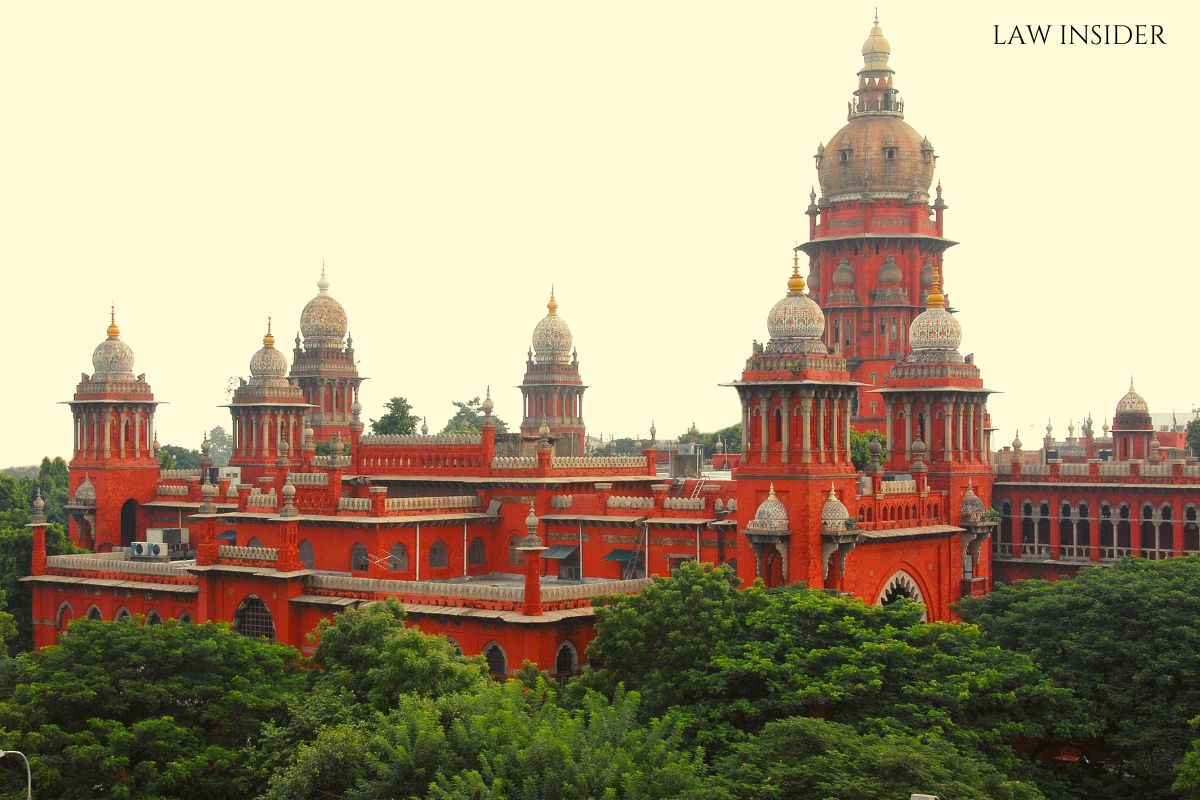LI Network
Published on: 28 September 2023 at 12:06 IST
Madras High Court Bench led by Justice SM Subramaniam emphasized the urgent need for legislation to combat land grabbing, expressing concerns over the unlawful acquisition of government lands.
The court also directed the Tamil Nadu government to investigate systemic corruption related to land grabbing and consider enacting appropriate laws to prevent such illegal activities.
The court remarked, “The necessity for legislation prohibiting land grabbing cannot be overstated. It is crucial to initiate criminal proceedings against land grabbers. Land grabbing unquestionably falls under the purview of the Indian Penal Code. The criminal aspect of land grabbing is indisputable, especially when it involves government-owned land. This is unequivocally an offense against the state.”
The court further directed the authorities to investigate instances of corruption in the context of government land appropriation and urged the government to enact laws to curb such unlawful seizure of government property.
The case revolved around M/s Hotel Saravana Bhavan’s request for land ownership rights (patta) for a 3.45-acre plot of land situated near the Central Bus Stand in Koyembedu. The petitioner sought to use the land for constructing a shopping mall and hypermarket with an investment of Rs 1,575 crore. The land, originally allocated by the previous AIADMK government just before the 2021 Assembly election, had been revoked by the current DMK government last year.
The court noted that Koyembedu is a vital area within Chennai and that the land in question is located opposite the Central Bus Stand, making it unsuitable for assignment as it would harm the public interest.
Additionally, the court emphasized that the government’s constitutional powers must be exercised for the public good, following principles of reasonableness and public interest. The court clarified that if the government assigns government-owned lands without satisfying these criteria, it would be unconstitutional and invalid.
The court also described the case as a classic example of influential individuals in society systematically grabbing land, often with the collusion of government officials. It raised concerns about systemic violations that occur across various political landscapes, involving both bureaucracy and politicians. The court stressed that such structural corruption forms the basis for various social evils and undermines good governance.
Ultimately, the court rejected the petition, asserting that the established facts and submitted documents lead to the inevitable conclusion that the petitioner was not entitled to land ownership rights (patta).
Furthermore, the court directed the initiation of appropriate criminal prosecutions and disciplinary actions against individuals, including government officials and public servants, who were responsible for the unlawful appropriation of valuable government properties.
Case Title: M/s. Hotel Saravana Bhavan vs. The Additional Chief Secretary & Ors.

